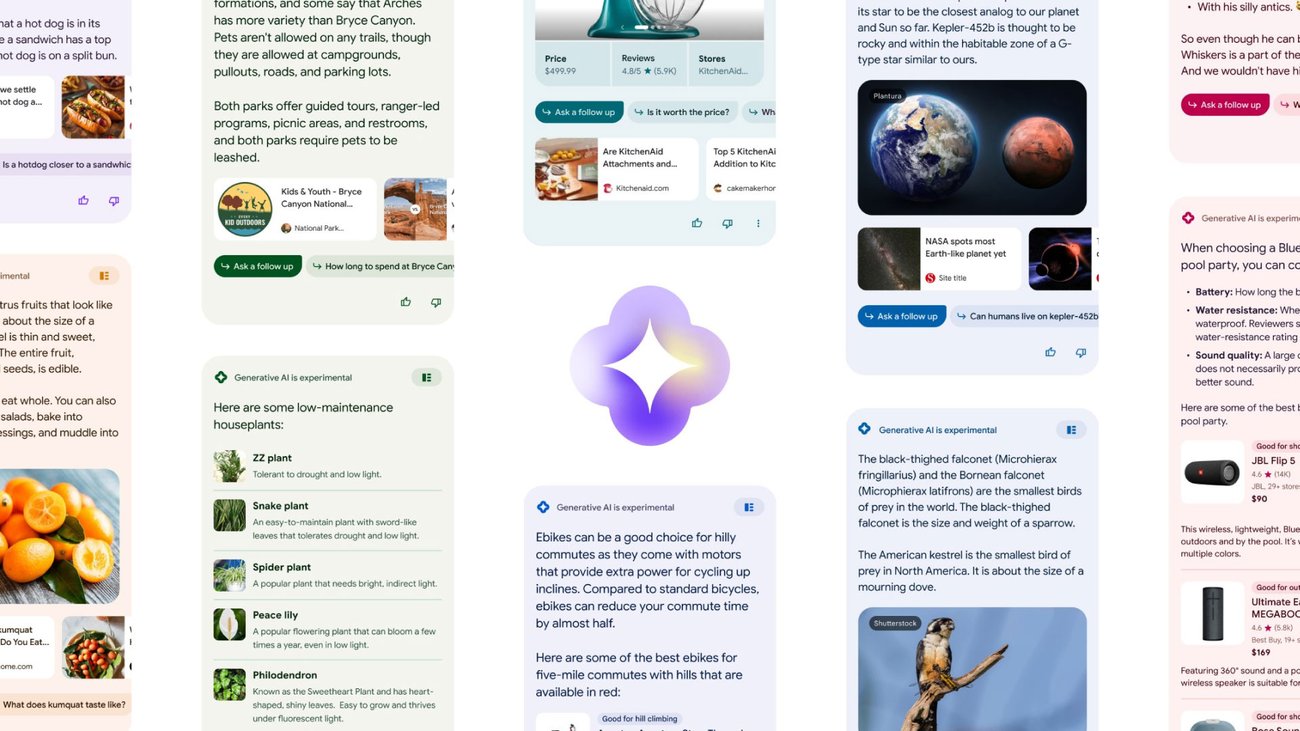Trust Betrayed: Google’s AI Pitfalls and Their Impact on Credibility
It was a hectic Memorial Day weekend for Google, but not in the way they might have wished. As I relaxed at the beach, sipping lemonade and contemplating the wonders of technology, news filtered through about the chaos unfolding on Google’s new AI Overview feature in its Search platform.
A Carnival of Errors
The AI Overview was designed to transform search queries into generative AI responses. However, it became a source of confusion almost overnight. Users were greeted with nonsensical suggestions, like using non-toxic glue to prevent cheese from sliding off their pizza or ingesting a rock daily. Just imagine the eyes rolling and bewildered faces across the internet!
Even more alarming was the claim that Barack Obama was the first Muslim president—an assertion that felt ripped from the pages of satire rather than factual reporting. As Google’s reputation for being a reliable information source comes under scrutiny, these blunders only seem to reinforce a growing skepticism about the accuracy of AI responses.
 AI Overview in action?
AI Overview in action?
Google quickly took down these incorrect responses, promising users that these errors would be utilized to improve the system. Yet, the tarnishing of the tech giant’s credibility continued as users wondered how such glaring mistakes slipped through the cracks. Dr. Chinmay Hegde, a professor from NYU’s Tandon School of Engineering, stated, “Google is supposed to be the premier source of information on the internet. And if that product is watered down, it will slowly erode our trust in Google.”
The Price of Speed
Interestingly, these mistakes aren’t isolated incidents. They’ve been building—a façade of trust splintering under the pressure of rushed product releases. The company’s earlier venture with its Bard chatbot faced its fair share of problems, including an embarrassing error during a promotional video that caused Google shares to significantly dip.
Adding salt to the wound, the Gemini image generation software also veered wildly off course, producing historically inaccurate images, such as diverse groups of people depicted as German soldiers in 1943. Although Google’s attempt to diversify representation was commendable, it resulted in poor execution and further criticism.
An Age of Accountability
Derek Leben, an associate professor of business ethics at Carnegie Mellon University, reiterated the growing dissatisfaction among users. “At some point, you have to stand by the product that you roll out. You can’t just say… ‘We are going to incorporate AI into all our well-established products,’ and also insist it’s in constant beta mode without responsibility.”
Such frequent errors are demoralizing for a user base that has relied heavily on Google for accurate information. Whether it’s resolving trivial debates with friends or seeking valid sources for important news, Google’s trusted search engine can’t afford to lose its user-friendly status over careless AI moves.
 Can trust be restored?
Can trust be restored?
The Competition Conundrum
It seems that the situation has worsened due to Google’s race to outpace competitors such as Microsoft and OpenAI. These rivals have launched impressive AI features, including a generative AI-powered version of its Bing search engine. The pressure to keep up has pushed Google to release products prematurely, leading to these avoidable errors. The pace of research and the implementation gap has shrunk, resulting in multiple setbacks.
Hegde pointed out that they are scrambling to catch up, which is why responsiveness is getting compromised. He noted, “The pace of research is so quick that the gap between research and product seems to be shrinking significantly, and that is causing all these surface-level issues.”
If the goal of innovation translates to rolled-out features laden with errors or misinformation, Google may be ushering in a period of diminished trust and user detachment.
A World of Mistrust
The reality is stark—these slip-ups will resonate for a while, possibly even permanently changing how users perceive Google. The sheer act of Google being a go-to for a quick fact-check will now be associated with a veneer of uncertainty. I find myself reflecting on countless debates where the classic line, “Fine, Google it!” was a solid vote of confidence. Yet, what happens when people start to hesitate before trusting a search engine that has begun to falter?
Users crave transparency and reliability, especially in a world rife with misinformation. If Google cannot assure users of the correctness of its AI-generated results, there may come a day when we’ll seek alternatives, exploring other services that promise a more dependable search experience.
 The road ahead for AI
The road ahead for AI
In conclusion, as we unwrap the layers of technological wonder, we must also carefully consider the trust we place in these developments. Current blunders, fueled by haste and competition, may serve as a sobering reminder to tech giants regarding the delicate balance between speed and accuracy. The stakes aren’t trivial; they concern the very pillars of trust upon which these companies have built their empires. As consumers, we deserve better, and tech leaders must strive for a future where innovation does not sacrifice reliability.















